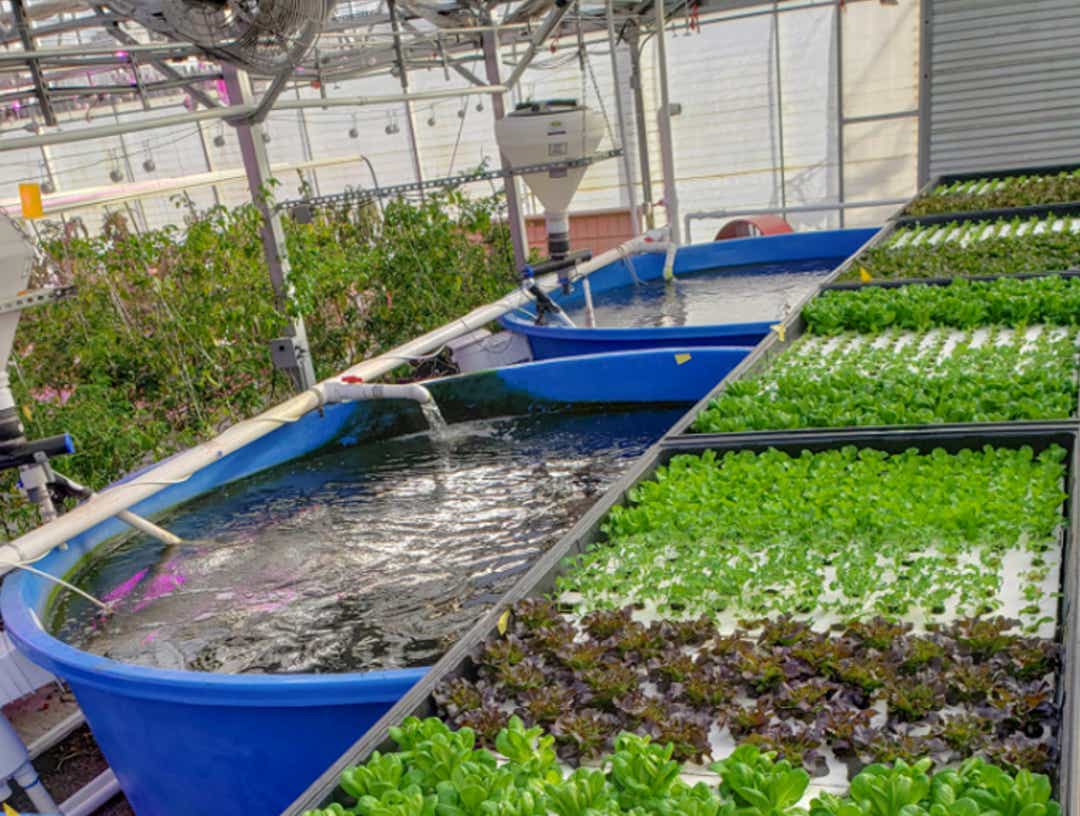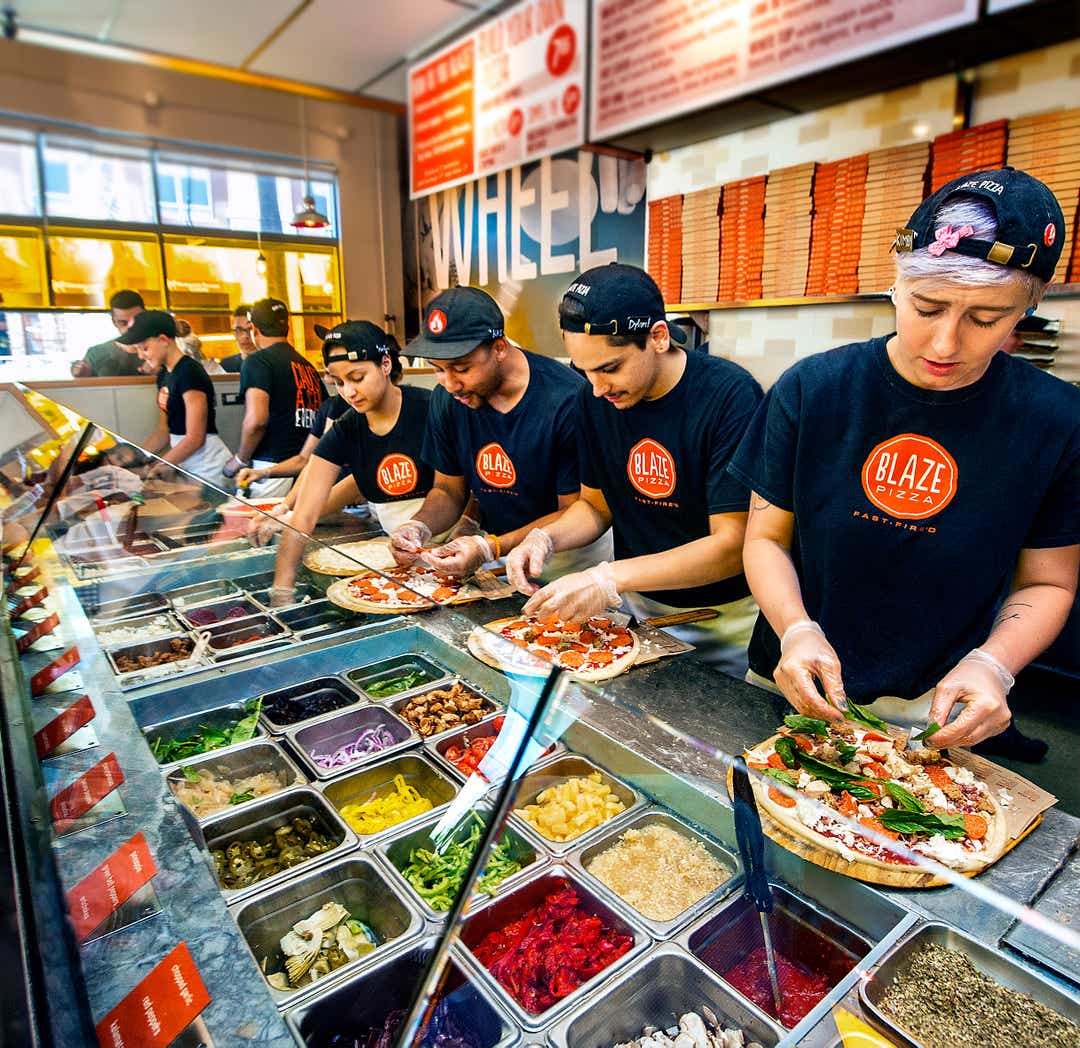Knowing what people want simply makes sense if your business sometimes comes down to anticipating need. That's why restaurant consultants and marketing experts spend outsize effort analyzing food trends, tossing out ideas that sometimes seem practical, and other times just seem silly.
The rise of robot waiters predicted for 2019 comes to mind as a good example of the latter. And an expected explosion of food from Kazakhstan didn't quite reach Western North Carolina, much to at least my own dismay. And even if New York seems to be hogging more than its fair share of pelmeni, some food trends have boomed in Asheville for years, including the rising national hunger for gut-friendly probiotic-rich food or, simply put, ferments.
So what's next in the world of food? Here, I've shared some of the common ground I found in the trend forecasts for 2020. And since looking back can be equally fun, you can also take a gander at some of the things experts said would come to fruition this year, some of which did, and some of which did not.
Did romaine die in 2019?
Let's kick things off with an unsavory anecdote. Unfortunately, E. coli wreaked havoc on romaine lettuce's reputation in 2019, and New York Times food writer Kim Severson rightly predicted the distrust of everyone's favorite vehicle for Caesar dressing would make way for alt-lettuces to steal the spotlight.
But tradition dies hard, and romaine is thankfully back in the salad bowl once again — the romaine salad with pickled veg, buttermilk dressing and corn nuts at East Asheville's Copper Crown is a fave. Local lettuces, romaine or no, are an Asheville menu staple, which means California-bred contaminations don't always hit us hard.
More: High-tech lettuce company to create 100 jobs in Yancey County with greenhouse complex
Severson also predicted an explosion in farms growing lettuce hydroponically, and locally that's come to fruition. The Massachusetts-based Little Leaf Farms, a grower of pesticide-free boxed baby greens, recently announced the imminent construction of 20 acres of high-tech hydroponic greenhouses in Yancey County. And BrightFarms, a New York-based packaged salad company, plans to invest $21 million to operate a hydroponic greenhouse in Henderson County.

Cheese tea and moldy food?
Severson may have some sort of crystal ball, because she predicted 2019 would usher in cheese tea as "the thing you will try against your better judgment."
Reader, that happened to me, and it will not happen again. Regardless, if you're curious, you can find it at Moge Tee at 5 Biltmore Ave.
Nearly every food trend prognosticator said fermented foods would further increase mainstream reach, failing to freak out the general public quite as much. Indeed, anecdotally speaking, restaurant menus seem to be unapologetically boasting strong, funky flavors.
One memorable moment came from a summer dinner at Cultura, where our large group was presented with a platter including a few tiny and aggressively fermented cucumbers, the deeply complex flavor of which I can still recall months later.
And while koji is perhaps best known for its work in sake and miso, over at H&F Burger, which recently opened at 77 Biltmore Ave., the chefs are growing the fungus on beef to safely age the meat in record time.
Burgers and big, bad steaks: First look at H&F Burger, opening in downtown Asheville
That brings me to another trend: In late 2018, international food and restaurant consulting firm Baum + Whiteman predicted the rise of lab-grown meat would have ranchers "running scared." Technically, that means meat grown from cells in a lab, which is more high-tech than the Impossible Burger, which is so well-loved that restaurants experienced shortages this year.
I've yet to see real lab-grown meat anywhere, but steaks are ever more prolific in a town that used to have precious few. For example, a new steakhouse will open in 2020 in the Grove Arcade called Asheville Proper, a live-fire cooking concept courtesy of former Storm chef Owen McGlynn. I don't think ranchers are exactly running for the hills yet.
On the menu in 2020: special diets
Still, acceptance of plant-based food is on the rise. Ingles dietitian Leah McGrath sees customers snapping up nondairy beverages, reformulated margarines and meat-free meats like chickenless "nuggets." Expect to see more variety in plant-based foods, with oat milk becoming a standard non-dairy option at cafes. Over at Blackbird Restaurant at 47 Biltmore Ave., there's an entire vegan menu, including risotto made with hemp milk.
At the same time, McGrath said, the high-protein, low-carb keto diet is likely to still gain traction this year, with more food companies loudly promoting keto-friendly products. They're even showing up in the frozen treat aisle, where shoppers can now find low carbohydrate "ice creams" with sugar alcohols, added protein and fiber.
An increasing desire to customize food to the diet du jour is making some restaurants rethink the way their menus are written.
"Unlimited customization may be gumming up service speed at fast-casual chains," said consulting group Baum + Whiteman's Michael Whiteman. Some restaurants are working to focus consumers’ attention on culturally relevant pre-set “lifestyle bowls," marketed as keto or Whole 30-friendly, gluten-free and the like.
Some are toying with eliminating build-your-own bowls altogether, he said. "The lifestyle idea is spreading to pizza, so we predict that more chains (will) shift customers away from infinite invitations to choose individual ingredients."

Blaze Pizza, a chain operation with a couple local stores, now offers "lifestyle" options, like keto and cauliflower crust. The independent 828 Family Pizzeria offers cauliflower crust, too.
But not so fast: Baum + Whiteman also predicts either sweet potatoes or winter squash will soon usurp cauliflower as the "in" vegetable.
More: Ramen, burgers and restaurant expansions: 23 notable Asheville restaurants opened in 2019
Waste not, want not
QSR Magazine, a publication geared toward the fast-casual dining industry, suggests curbing food waste will continue to trend upward in 2020, as consumers begin to consciously invest in more sustainable businesses.
The USDA states the United States wastes about 66.5 million tons of food, which is more than any other country, except for Australia. The waste happens in various places, including on farm fields and in grocery stores, with more than 40% of the food tossed before consumers even touch it in restaurants and other food-service operations.
Inside dish: Inside dish: Thoughts on food waste heading into the holidays
QSR predicts more and more food service operations will work to reduce food waste with technology, including food dehydrators and digesters. Local chefs are beginning to take the zero-waste kitchen challenge seriously.
Restaurants like Green Sage and The Corner Kitchen have long used local composting service Danny's Dumpster to handle their compostable trash. And with many local stakeholders, chefs and other food service workers present at the recent Asheville Food Waste Solution Summit, expect to see even more efforts toward community composting and other landfill diversion techniques.
That's a trend we can get behind.
Mackensy Lunsford is an award-winning food writer, former professional line cook and one-time restaurant owner. Contact her at mlunsford@citizentimes.com.
"food" - Google News
December 31, 2019 at 02:00AM
https://ift.tt/2thyRRD
Asheville food trends: What experts got right, wrong, and what's up for 2020 - Citizen Times
"food" - Google News
https://ift.tt/2R1bXEP
Shoes Man Tutorial
Pos News Update
Meme Update
Korean Entertainment News
Japan News Update
Bagikan Berita Ini














0 Response to "Asheville food trends: What experts got right, wrong, and what's up for 2020 - Citizen Times"
Post a Comment